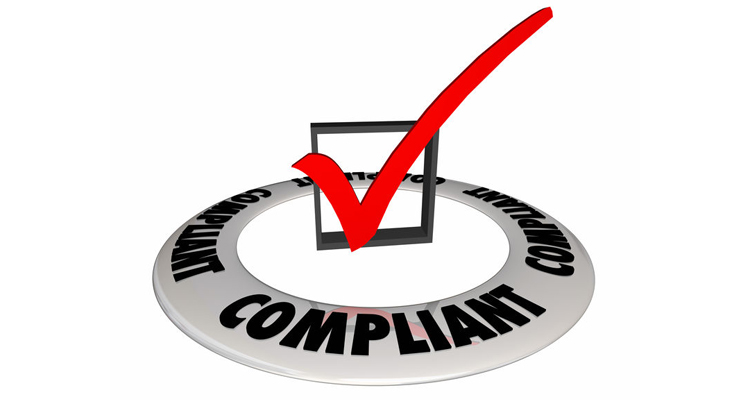The Four Stages of Mandated Technology
 I’m fortunate that my roster of dealers and resellers encompasses a diverse range of channels and verticals. It means I get to meet many interesting people and help them find solutions for a diverse range of problems. It also means that my problems are diverse as well. Even if readers aren’t embedded in the channel I’m about to talk about, I hope there’s something worthwhile you can take away from my story.
I’m fortunate that my roster of dealers and resellers encompasses a diverse range of channels and verticals. It means I get to meet many interesting people and help them find solutions for a diverse range of problems. It also means that my problems are diverse as well. Even if readers aren’t embedded in the channel I’m about to talk about, I hope there’s something worthwhile you can take away from my story.
For much of 2021, one of the things I’ve been spending time on with my dealers has been helping them manage the rollout of the federal government’s ELD directive. The ELD directive is Canada’s law requiring the deployment of Electronic Logging Devices in commercial fleet vehicles. ELDs have been a requirement in commercial fleets in the U.S. for a couple of years now, but we’re just getting around to it here in Canada.
Without boring you with too many details, we’ve partnered with telecom carriers and our vendors to provide solutions for our dealers who do fleet management business to help them sell and deploy ELD to their fleet clients. It’s been … weird.
Transport Canada had initially set a deadline of June 12 (and I’ll get back to that in a minute) to mandate commercial vehicles replace their paper logbooks with an Electronic Logging Device. This is a tablet running a fleet tracking app with GPS, telemetry or other vehicle data. Preparing for that now-passed deadline well in advance, we as a group had anticipated a pattern similar to what we saw with the hands-free law ten years ago: a boom in demand for in-vehicle Bluetooth before the hands-free law took effect.
What happened wasn’t what we anticipated. Instead of a flood, it was more of a trickle. I’ve supported several of my dealers in their ELD deployments, but the demand from fleet clients wasn’t as high as we prepared for. There are several factors that contributed to that.
The first is that the single biggest impediment to the ELD mandate has been the federal government itself. Maybe because of COVID-19 (or something else), Transport Canada hasn’t exactly been well organized or given out clear direction on the subject.
Before the June 12 deadline, there was little clarity about everything required for the directive. From what fleet tracking apps would be used to log locations to sanctions for not having your fleet vehicles be compliant, no one really knew what rules to follow. With no clear direction, many fleet clients opted to do nothing and decided on a wait-and-see approach. Honestly, that’s a reasonable reaction.
It also emerged that rather than be a hard deadline, the consequence of not being compliant would be “education and awareness.” That means if the Mountie (a member of the Royal Canadian Mounted Police) pulls over one of your trucks and you don’t have an ELD in it, you won’t get a ticket. You’ll just be warned to get an ELD for next time. The reality is, if there’s no penalty for non-compliance, there’s no motivation to be compliant. There’s less incentive to spend the money to deploy ELD to your fleet if you’re not in danger of being fined for it.
Another factor (and this one I can’t blame on the federal government) is the global semi-conductor shortage. The shortage affects everything, and in this case, my dealers are struggling to source enough tablets. Even when a fleet client wants to deploy, the lack of tablets holds up the parade.
The other day I was talking with one of the B2B salespeople I’ve been working with for years. We were discussing the current situation and he observed that when there’s a government mandate to adopt new technology, there are four phases: The first phase is where they tell us what we’ll have to adopt something and give us a deadline as to when we’ll have to adopt it by. The second phase is when they tell us that the deadline is coming, and we need to make sure we’re compliant. In the third phase, the deadline has passed, but now there’s a new deadline and the feds are saying, “No, for real, we’re serious this time.” And then in the fourth and final phase, they clarify the things they should have clarified much earlier, and we move ahead.
Currently, we’re about halfway through the third phase. None of the challenges we’re dealing with are permanent. I’m confident that we’ll all get things figured out — if not this year, then next year. Or maybe the year after that.



